Jung’s Commentary on the Spiritual Exercises of Ignatius of Loyola
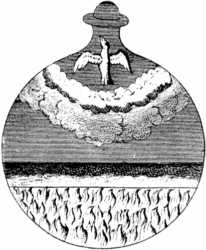
This episode is the first session of the four-part series Jung’s Commentary on the Spiritual Exercises of Ignatius of Loyola.
Using as a focal point Jung’s private notes from his 1939–1940 lectures on the Spiritual Exercises of Ignatius of Loyola, Dr. Thomas Patrick Lavin discusses the role of imaginal work in the quest for spiritual and psychological growth. The Spiritual Exercises is viewed as an initiation rite in which a Christian form of active imagination is presented. It was recorded in 1988.
The series is divided into the follow four topics:
- Seeing Jung and Ignatius in Their Historical Contexts
- Active Imagination and the Ignatian Methods of Prayer
- The Anima Christi and the Fundamentum
- Ignatius the Psychologist and Jung the Theologian
Thomas Patrick Lavin, PhD is a Zürich-trained Jungian analyst who holds a PhD in clinical psychology and a PhD in theology. He was formerly chief clinical psychologist for the U.S. Army in Europe and is a founding member of the CG Jung Institute of Chicago. He is in private practice in Wilmette, Illinois, and consults internationally on typology, spirituality and addictions.
Podcast: Play in new window | Download (51.8MB)
For the complete series, click here.
For more seminars by Dr. Lavin, click here.
© 1988 Thomas Patrick Lavin. This podcast is licensed under a Creative Commons Attribution-NonCommercial-NoDerivatives 4.0 International License. You may share it, but please do not change it, sell it, or transcribe it.
Music by Michael Chapman
Edited and produced by Benjamin Law

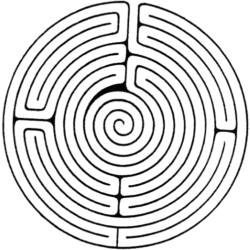
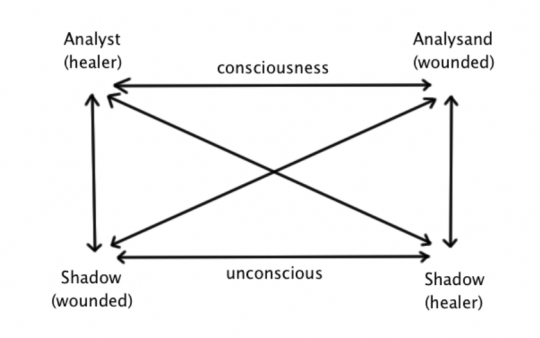

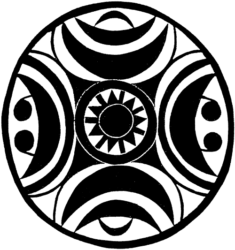
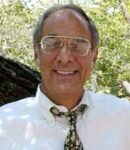
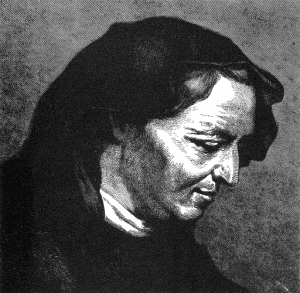
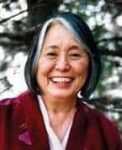
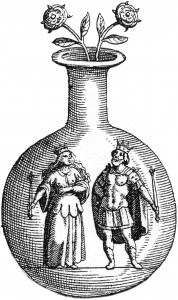
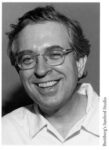
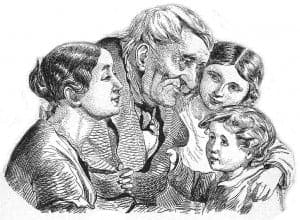 with Lionel Corbett, MD
with Lionel Corbett, MD

